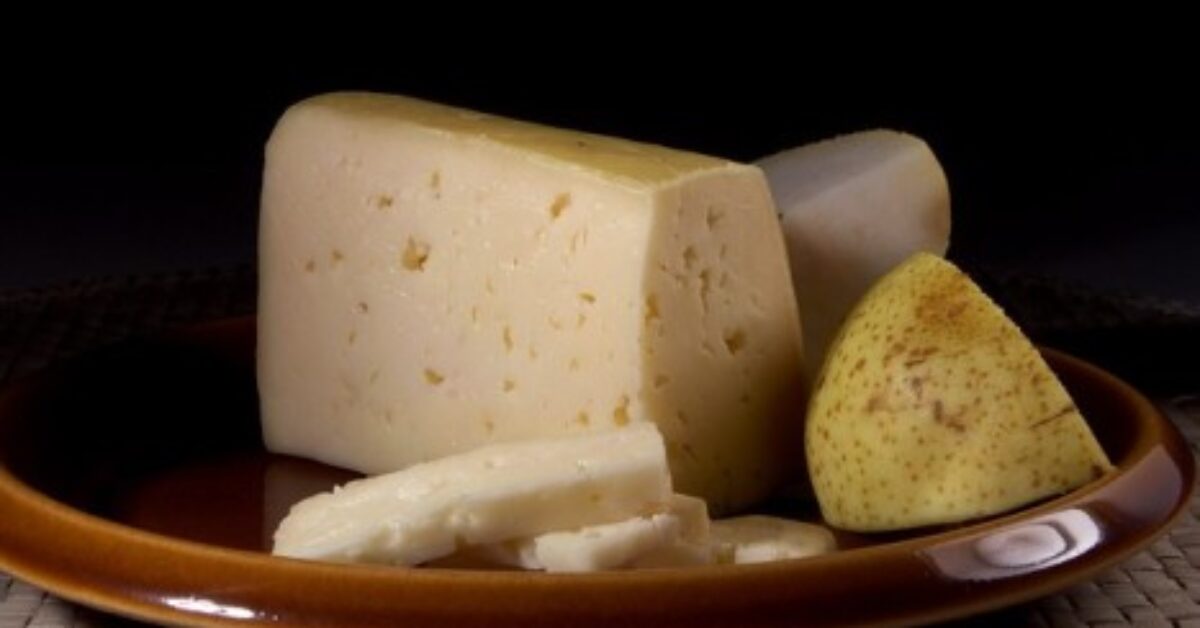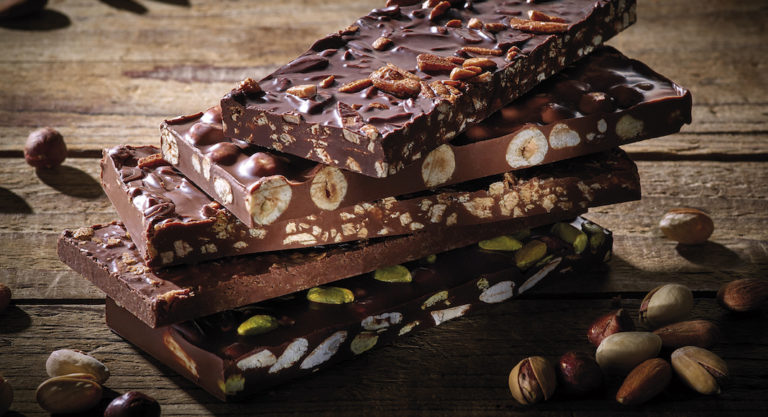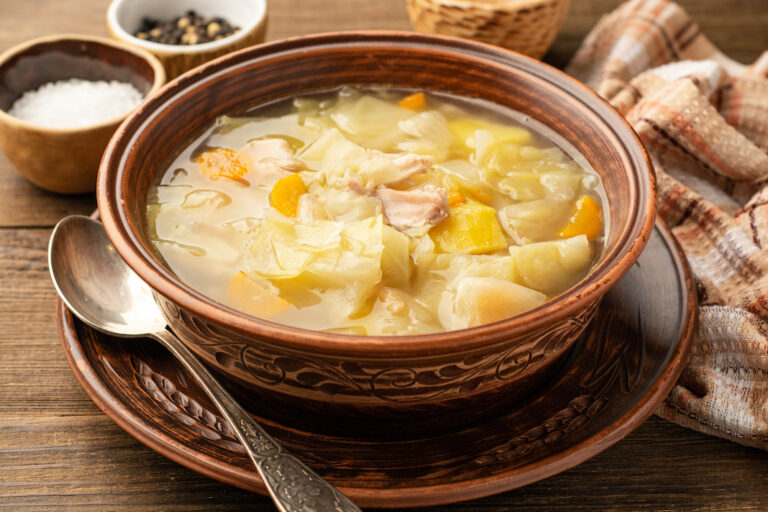The French are known for their amazing food and their fine wines. However, US authorities seem to see things in a different light. Here are is a list of famous French foods that are banned in parts or the whole of the United States and you’ll see, it isn’t always just for hygiene reasons.
La Mimolette
The first on our list of dunce products is the “Mimolette”. This bright orange French cheese is the latest French product to be snubbed by the American Food and Drug Administration (FDA). According to their inspectors, microscopic mites, added to the cheese by producers to grey the surface of the cheese and refine its flavour, could be the cause for allergic reactions. Because of this, the “boule de Lille” is now on the US’ “no buy list” until further notice.
Le Roquefort
Same product, different struggle. It seems that the Mimolette struggle is actually just a small battle in the all out Cheese War. Roquefort, one of France’s “landmark” cheeses has also been crippled by a 300% import tax rate since 2009 in the US. “An eye for an eye” became “A cheese for a meat”. The decision to triple the tax rate was supposedly in response to Europe’s banning, in 2008, of American beef which contained hormones.
Kinder Surprise
This one may surprise you. Kinder’s famous egg have always been banned in the US. According to the FDA, a sweet or candy with a “toy or trinket embedded” can pose a serious health risk to consumers who could possibly choke on the toy. The ban on Kinder Surprise is taken very seriously by the authorities, one Manitoba (Canada) man was threatened with a 300CA$ (275$ US) fine for attempting to cross the border from Canada with no less than one of these lethal sweets. Perhaps the US government has halted a secret French operation in the aforementioned Cheese War? Only time will tell..
Foie Gras
On a more serious note, products have been banned for Animal rights reasons. One example is Foie Gras. It has been banned in San Diego since 2008 with local opinion polls strongly supporting the ban. Animal rights activists had denounced “gavage”, the force feeding and fattening of ducks and geese, as a cruel and inhumane method. Chicago also banned Foie Gras from 2006 to 2008. The quintessentially French product is also banned in India and Argentina.
Horse Meat
Same goes for horse meat. Britons will be no stranger to the recent horse meat controversy where French companies provided beef products to English supermarkets which also contained horse meat. In California and Illinois, it is illegal to produce, sell or consume horse meat and the slaughtering of horses for meat was until very recently illegal nationwide.
Raw Milk
Last but not least, raw milk. In 28 out of the US’ 50 states, raw milk, a French tradition, is considered unhealthy due to the higher number of bacteria found in raw milk when compared to its pasteurised counterpart. French producers argue that raw milk helps to preserve the “good” bacteria in milk rather than just eradicating them completely with pasteurisation.
Also Read: What French Food Products Can I Bring through US Customs?











